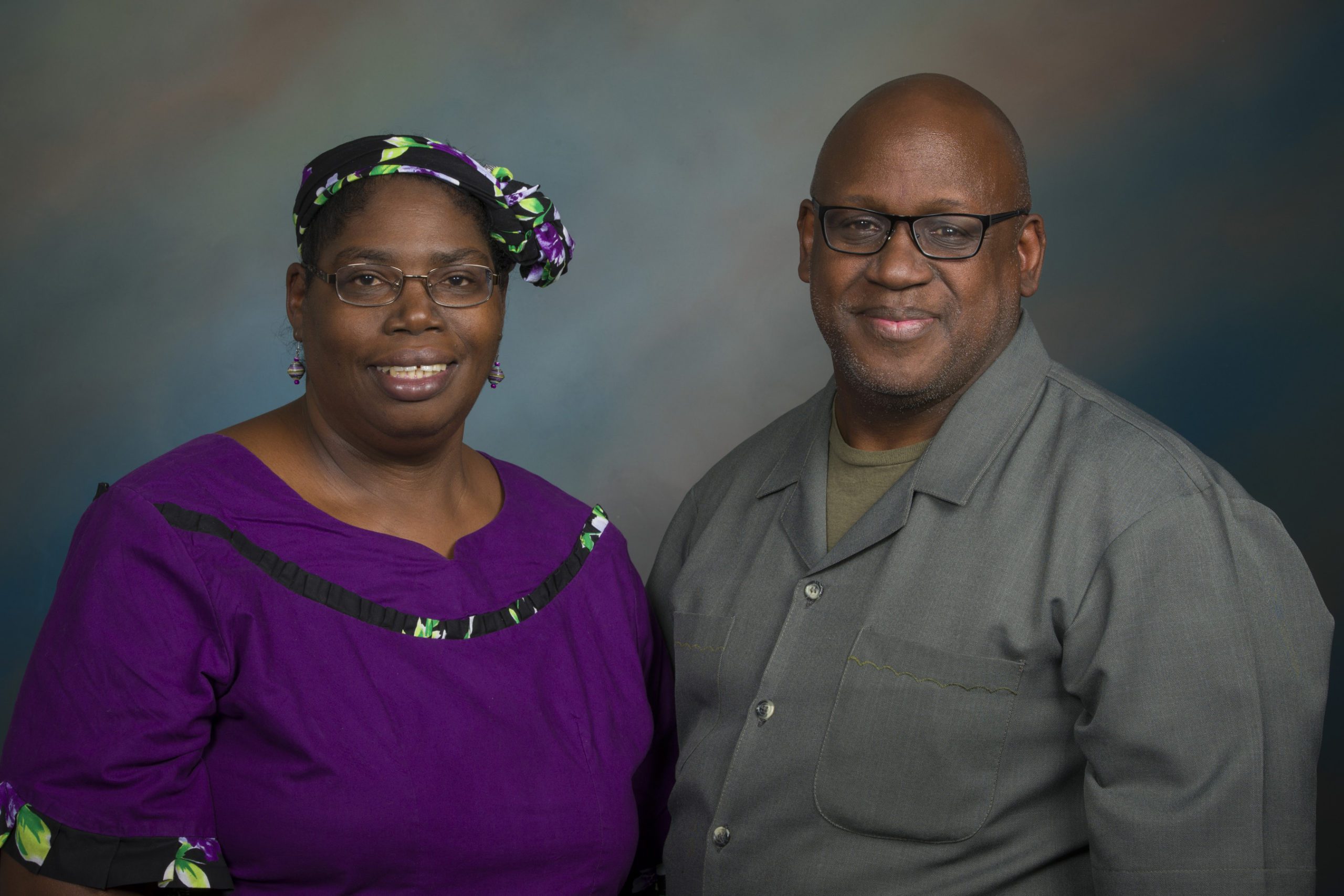DALLAS – I have a friend who divorced a few years ago – she was happy to get rid of the guy – and in some ways she had a point. But now that she’s out on the dating scene and struggling to pay the rent and raise a teenage daughter, I really don’t think her life is any better.
There’s a reason we encourage marriage in the culture. It’s God’s idea and it’s the way families work best. It’s still a goal for most people. A new Gallup study shows 54 percent of adults are married and another 21 percent who have never married would like to.
Even young people want to get married, though they’re doing it later. Twenty-eight percent of people in the 18-34 age group are married and another 56 percent told Gallup pollsters they hope to get married.
Some people are tentative about getting married because their parents’ marriages didn’t last. Thankfully, the divorce rate is dropping, but it’s still way too easy.
In fact, it’s easier to get out of a marriage than it is to get out of a cell phone contract.
It wasn’t always so. Legal no-fault divorce began in California in 1970 and was in every state within four years. It was supposed to make divorce less acrimonious, easier on the kids. It just made it easier to hurt people. Easy divorce destroys families: women, men and especially children.
Women fought for no-fault divorce. But, economically, women have been hurt disproportionally by it. In messy battles, women often agree to smaller financial settlements in order to keep the kids. Under fault divorce, a much higher percentage of women retained ownership of the family home than under no-fault divorce.
Women are more likely than men to lose their health insurance after a divorce. The sad reality is that, by every measure, women are more likely than men to be poor after divorce, with 22 percent falling into poverty versus 11 percent for men.
The feminists of the 1960s began challenging traditional sex roles in families and encouraged women to make changes even if it meant divorce. Betty Friedan, who wrote The Feminine Mystique, called marriage a “comfortable concentration camp.” But 27 years after California passed its law, Friedan admitted, “I think we made a mistake with no-fault divorce.”
Even though women are more likely to be worse off economically than men after divorce, men are more likely to be the party protesting the divorce. Two-thirds of divorces are initiated by wives. Often men are unfairly barred from seeing their children.
Children of divorce have their worlds rocked, and the consequences follow them into adulthood. They are stripped of the right to live in the family God designed, with a mother and a father bound together in a permanent relationship.
Jesus said divorce was a concession to the hardness of men’s hearts. State by state, we should go back and make divorce harder.
(EDITOR’S NOTE – Penna Dexter is a conservative activist and frequent panelist on the “Point of View” syndicated radio program.)


